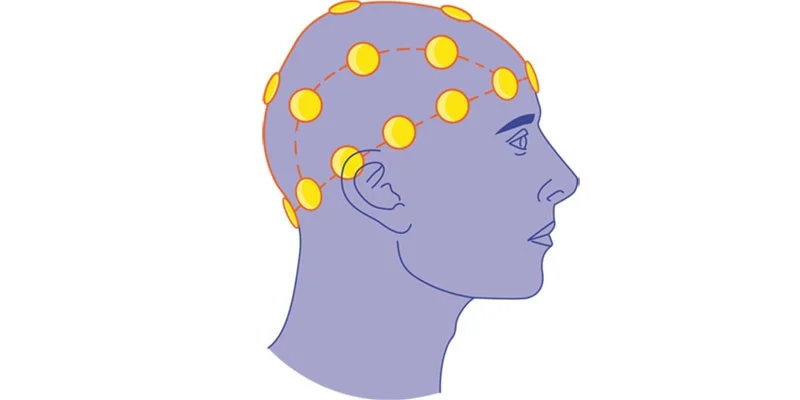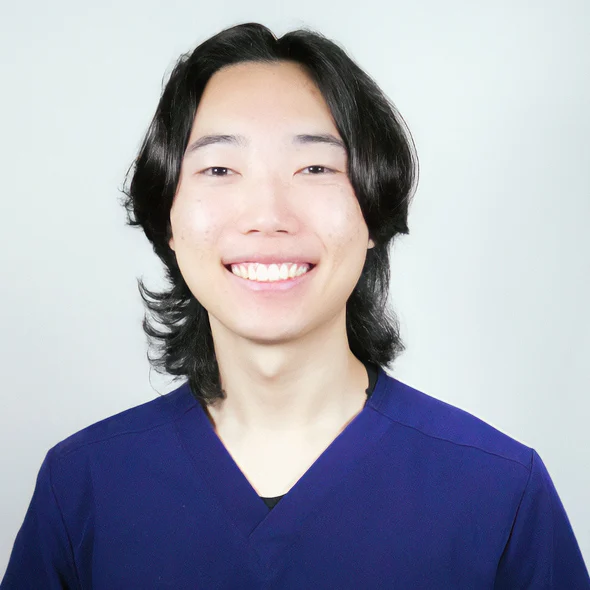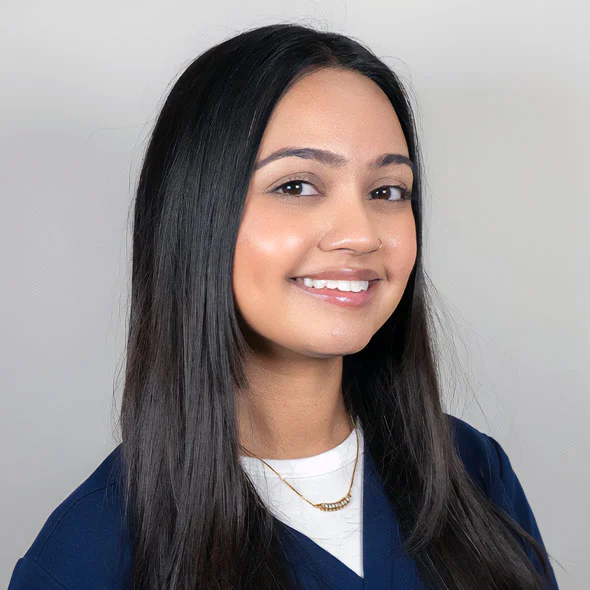You may have heard of something known as post-concussion syndrome, or persistent post-concussive symptoms. This happens when the symptoms of a concussion are prolonged and persist for months or even years after the initial trauma has occurred, be it a traumatic brain injury (TBI) or some other form of brain trauma. These prolonged symptoms can often leave patients and loved ones feeling helpless and in search of answers, wondering if their case will be treatable and if they’ll ever be able to return to their normal lifestyle again. So, is post concussive syndrome treatable? Yes! Within this blog post we’ll discuss different aspects of this syndrome, the timeline, and expectations for recovery, what you can do yourself to help symptoms, and more. Consider this your guide on how to crack down on these concussions!
Symptoms of Post-Concussion Syndrome
The first sign of post-concussion syndrome includes having experienced the persistent symptoms of a concussion for three months or longer since the initial trauma. The trauma does not necessarily have to be just blunt force trauma to the head but can also be something like whiplash from a car accident. The symptoms felt can include but is not limited to:
- Brain fog
- Fatigue
- Headaches
- Issues with sleeping patterns
- Issues with vision
- Issues with balance
Causes of Post-Concussion Syndrome
There are a variety of avenues from which an individual may have acquired post-concussion syndrome: mild, moderate, or severe TBIs; carbon monoxide poisoning, ministrokes, or other brain traumas. Once you have one concussion, you are at a greater risk for further concussions, which can make multiple concussions an overall risk factor for developing post-concussion syndrome. Following every concussion, a patient does have a chance of developing post-concussion syndrome, further emphasizing that seeking appropriate treatment following a concussion is imperative.
Treatment for Post-Concussion Syndrome
Early treatment is key to preventing long-term symptoms. Since PCS overlaps with other conditions, customized care plans are essential. Doctors assess symptoms, conduct imaging if needed, and tailor treatment to target affected brain areas.
Treatment may include:
- Electrical stimulation
- Visual and vestibular therapies
- Proprioceptive exercises
- Integration drills to retrain brain function
Care plans are updated based on progress to ensure continued improvement. Bloodwork may also identify deficiencies, leading to supplement recommendations like B vitamins, magnesium, or melatonin.
How Long Does Recovery Take?
Recovery varies for each patient, requiring dynamic treatment plans that adapt over time. The most important takeaway? PCS symptoms don’t have to be permanent. With the right care, you can regain—and even improve—your quality of life.







